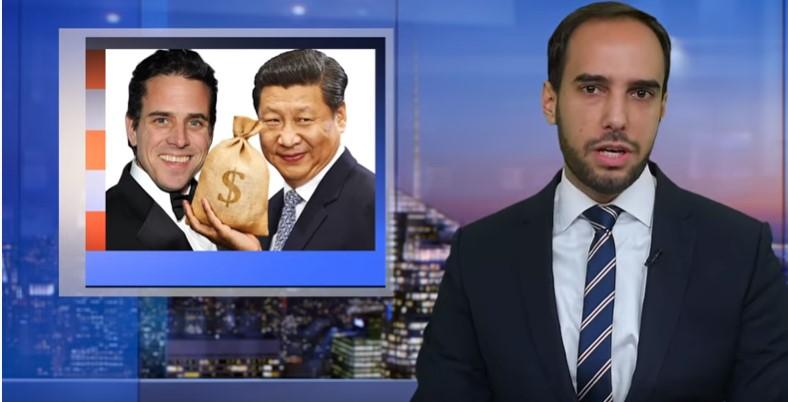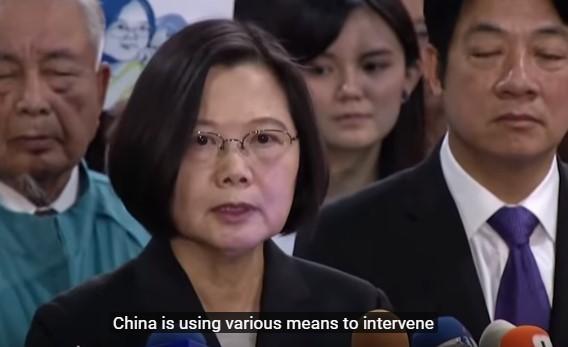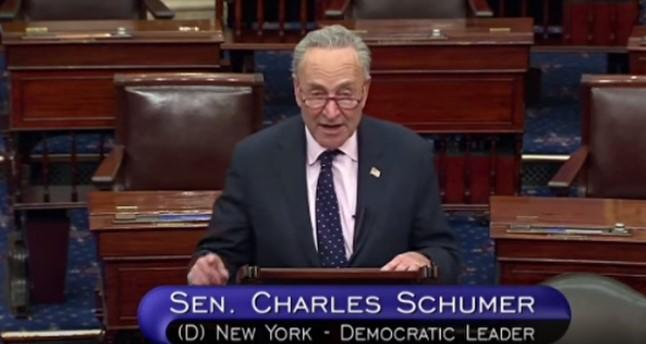You’re princess isn’t in another castle. She’s been kidnapped by...Chinese censors.

Video games makers are no strangers to censorship. Now there are a lot of different opinions about the degree to which video games should or shouldn’t be censored—mainly over the level of violence. But as of the beginning of this month, China has taken video game censorship to a whole new level.
For years, the Chinese regime had banned video game consoles. Although that ban has now been lifted—restrictions apply. And it’s left a void that allowed a flourishing mobile game market.
The biggest in the world, in fact. In 2015, that market was worth 7 billion dollars, with 400 million gamers consuming 10,000 games released that year alone. That’s about 27 new games a day.
But this is about to be a thing of the past. As of this month, Chinese censors will need to approve every mobile game before it’s released. Games that are already released will have to retroactively get approval before an October deadline.
The government organ in charge of this is the State Administration of Press, Publication, Radio, Film and Television. And now apparently games? The guidelines allow the Chinese authorities to ban pretty much any game they want.
For example, some developers in China have reported their games got canned because they contained English words. Not politically charged words. Pointless video game words like “mission start” and “warning.” Others have reported similar problems with games containing traditional Chinese characters—that’s what they use in Hong Kong and Taiwan, but not the Mainland.
Doesn’t stop there. The Cyberspace Administration of China is the agency responsible for censorship and control over China’s Internet. Starting August 1st, mobile app developers will be required to give users’ personal information to the agency. That’s crazy! I much prefer to voluntarily give all my information up.
But this isn’t just about censorship. It’s also about business. And this is going to kill the indie game scene in China. The mobile game market in China is super competitive. According to one developer interviewed by Sixth Tone, “If you’re lucky a game will make you 1,500 yuan.”
That’s about 200 bucks. But getting your new game approved can cost over 2,000. Why so much? Well, for one, don’t expect the censors to download your game. They don’t have time! You, the developer, have to send them a phone with an active sim card and data plan, and your game pre-installed. Two phones if you’re publishing on iOS and Android. It’s a pretty sweet gig, being a Chinese censor. It also can take up to 3 months to get your game approved. If you’re an indie developer, working alone, investing your own money into a project, that’s a long wait for a return on investment. That is, if everything works smoothly.
This basically means most indie game makers won’t be able to survive. Instead, they'll get stomped on—like proverbial goombas—by big corporations like Tencent and Netease, companies with close ties to the government.
Now these new restrictions don’t apply to foreign game makers. They were taken care of back in February. Foreign companies are required to work with domestic content providers. And they now need to get approval from... SAPPRFT... for online publication of any “creative works.”
Wait, so does that mean they don’t need approval if their games aren’t very creative? There might be a future for Great Giana Sisters after all!
So what do you think about the future of gaming in China? Is there room for a sequel? Or will it be...game over? Leave your comments below.



